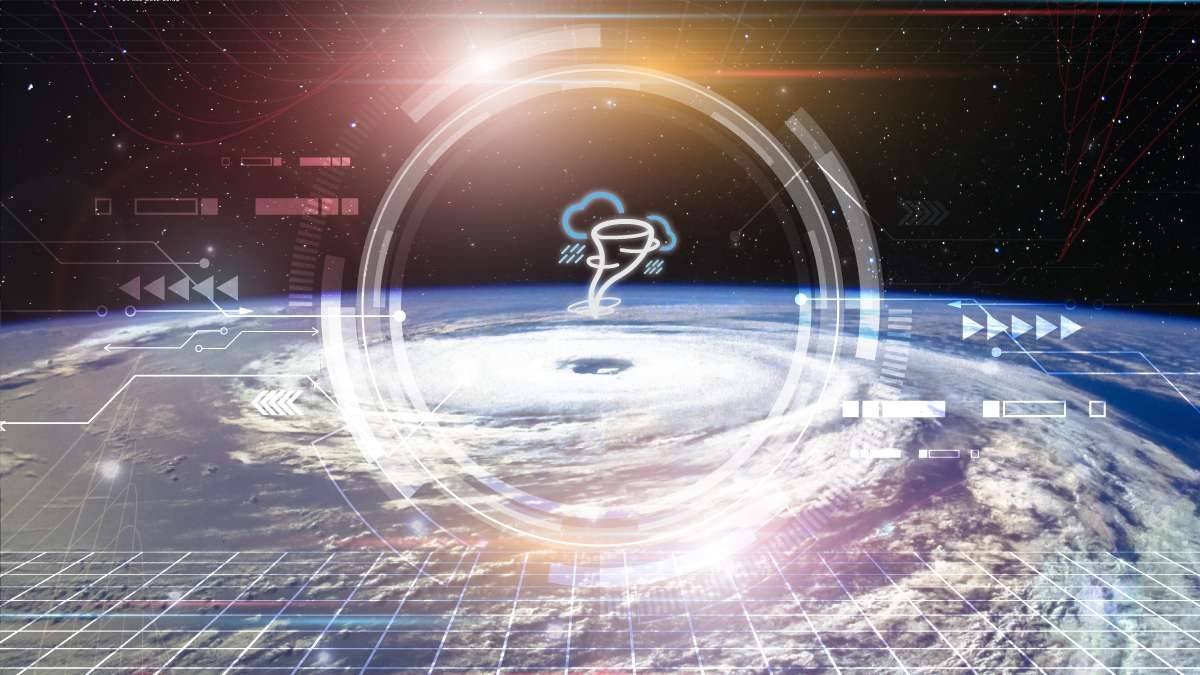
AI for Disaster Management
ARTICLES | Nov 28, 2022
Writer: Nuttawut Kulkaew
Editor: Wittaya Wonglor
All experts expect artificial intelligence (AI) to improve quality of life and help the world move forward. AI can take on tricky problems beyond human intelligence.
Disaster management is a global issue calling for technological advances. AI, especially machine learning (ML), can monitor and analyze situations to predict future events and facilitate decision-making and planning for recovery and mitigation, such as monitoring, alerts, and tsunami evacuation policies in Japan. Research between 2018 and 2021 found that AI systems around the world were applied to deal mainly with flooding (34.5%), earthquakes (21.8%), and landslides (17.4%). The study found that AI predictions were consistent with at least 80% of professional meteorologists.
In addition to AI systems, an efficient network of sensors and geospatial systems, such as drones and satellites, is essential to detect changes and signs of disasters. A network of sensors like RiverCore, for instance, measures soil moisture. Weather stations in the Colima Basin, Mexico, can detect signs of flash floods.
The next challenge is whether humans will trust this technology. Information entered for AI must be transparent and unbiased. There are also issues of access rights to the data domain of AI and ethical issues such as accessibility to data and the origin of results. Humankind must initiate interoperable and cross-border solutions to develop reliable and accessible natural disaster alerting and management systems. In the long run, artificial intelligence will not only help plan disaster management in cities. It will also play a role in urban planning, such as energy systems, water management, agriculture, telecommunications, traffic, and health systems.
Implications for the future:
- Making data accessible, especially by comparing raw data from multiple sources, will play a key role in enabling AI systems to develop rapidly regarding data gathering, data analysis, model development, and monitoring for changes. That will play an important role in helping artificial intelligence systems develop faster and more efficiently.
- Technologies related to the space industry, such as satellites and geospatial systems, which are currently in the eye of investors, will be a critical driver that will enhance the growth of using artificial intelligence to tackle the world's environmental problems.
- Integration of various technologies such as artificial intelligence, geospatial systems, and extended reality, together with the concept of Digital Twin, will bring smart city management into a full metaverse. As a result, governments, private sectors, and especially citizens can access and manage a city on a full range of digital platforms.
Sources :
- How AI can help protect us from disasters https://www.itu.int/hub/2022/03/ai-disaster-management-early-warning/
- Focus Group on AI for Natural Disaster Management (FG-AI4NDM) https://www.itu.int/en/ITU-T/focusgroups/ai4ndm/Pages/default.aspx
- Artificial Intelligence for Disaster Risk Reduction: Opportunities, challenges, and prospects https://public.wmo.int/en/resources/bulletin/artificial-intelligence-disaster-risk-reduction-opportunities-challenges-and
- Exploring deep learning capabilities for surge predictions in coastal areas https://www.nature.com/articles/s41598-021-96674-0
- Artificial Intelligence for Natural Disaster Management https://aiforgood.itu.int/event/artificial-intelligence-for-natural-disaster-management/
- Predictable Disasters AI and the Future of Crisis Response https://www.brookings.edu/wp-content/uploads/2021/12/Chapter-Six_Breakthrough.pdf
- Facilitating adoption of AI in natural disaster management through collaboration https://www.nature.com/articles/s41467-022-29285-6
Want to know more about us? Click https://www.facebook.com/FutureTalesLABbyMQDC or follow at https://www.blockdit.com/futuretaleslab











